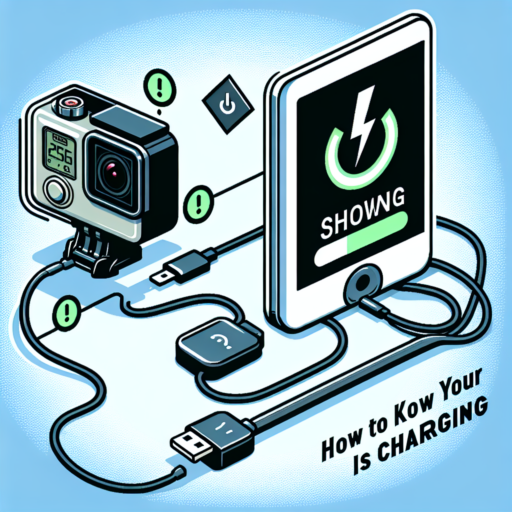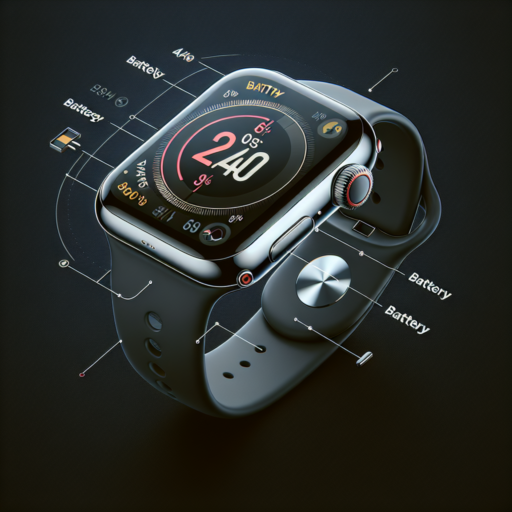No se han encontrado productos.
What is battery calibration?
Battery calibration is a process aimed at correcting discrepancies between a phone’s battery percentage shown and its actual charge. Over time, the battery’s actual charge and the percentage displayed on your device can drift apart, leading to inaccurate battery readings. This drift can cause your device to shutdown unexpectedly or report inconsistent battery life, impacting your overall user experience.
This method involves depleting the battery to 0% and then charging it uninterrupted to 100%. This process helps reset the battery stats, allowing the device’s battery management system to re-learn the full capacity of the battery. It’s a procedure recommended to be done periodically, especially if you notice irregular battery behavior or after updating your phone’s operating system.
It’s important to note, however, that battery calibration might not solve hardware-related battery wear. Batteries naturally degrade over time, losing their capacity to hold charge. If your device is old or has been used extensively, a calibration might improve the accuracy of the battery meter, but it won’t restore the battery’s original capacity. Essentially, battery calibration helps in aligning the software’s understanding of the battery’s charge level with its current physical state, optimizing how your device reports remaining battery life.
Do batteries need to be calibrated?
The question of whether batteries need to be calibrated is a topic of much discussion among technology users and professionals alike. Calibration refers to the process of aligning the battery’s reporting of charge level with its actual capacity, which can sometimes diverge over time, especially in lithium-ion batteries used in laptops and smartphones. This discrepancy can lead to situations where the device shuts down unexpectedly because the battery’s reported charge is higher than its actual charge.
Calibration can be particularly important for ensuring the longevity and performance of your device’s battery. Over time, the chemical elements within a battery degrade, affecting its ability to hold a charge. Without calibration, the device might not accurately display the remaining battery life, leading to unexpected shutdowns or reduced usability. Calibration helps in resetting the battery’s state of charge, ensuring that the battery life displayed on your device is as accurate as possible.
Although modern lithium-ion batteries are less prone to the «memory effect» seen in older nickel-cadmium batteries, they can still benefit from occasional calibration. This process can help manage the battery’s health and provide users with a more accurate understanding of their battery life. However, it’s important to note that excessive calibration can also have detrimental effects, potentially shortening the battery’s overall lifespan.
How do I know if my battery needs calibration?
Identifying the need for battery calibration can often be critical in ensuring your devices operate efficiently and maintain a healthy battery life. Calibration is necessary when you notice discrepancies between the battery’s reported charge and its actual performance. Such imbalances can result from various factors, including the battery’s age, frequent short charging cycles, or even after updating the device’s software.
Signs Your Battery May Need Calibration
- Inaccurate Battery Percentage: If your device shuts down unexpectedly even when it shows a significant percentage left or jumps from high to low percentages abruptly, this inconsistency could indicate the need for calibration.
- Unexpected Shutdowns: Experiencing sudden shutdowns can be a sign. When your device turns off without warning, despite the battery indicator showing sufficient charge, it may misinterpret the battery’s actual capacity.
- Slow Charging: Although this can be due to multiple issues, if your battery is taking longer than usual to charge, after ruling out charger or cable problems, calibration might help recalibrate the charge cycle.
- Fast Battery Drainage: When your battery’s life drains more rapidly than usual without a significant increase in usage, this disproportionate power consumption could suggest the need for calibration.
Calibrating your battery can help reset the battery’s software to better match its actual charge capacity, leading to more accurate battery percentage reporting and potentially extending the battery’s overall lifespan.
What happens if I don’t calibrate my battery?
Not calibrating your battery, especially in devices that rely heavily on accurate power metering, can lead to several unexpected issues. When your battery isn’t calibrated, the device might display incorrect information about battery life, leading to the device shutting down unexpectedly because it thinks it’s out of power when it’s not. This misrepresentation can be more than just an inconvenience; it could disrupt your workflow or communications at critical moments.
Decreased Battery Performance is a significant consequence of not calibrating your battery. Over time, the battery may start to exhibit shorter life cycles because the device’s software and the battery’s firmware become misaligned regarding the battery’s capacity. This misalignment means your device might not utilize the battery’s full potential, leading to needing more frequent charges and reducing overall battery life.
Besides the immediate impacts, long-term effects include Poor Battery Health. Calibration is crucial for lithium-ion batteries used in most modern devices since it helps maintain battery health and longevity. Without calibration, the battery’s internal components could succumb to increased wear and tear, as the device doesn’t accurately gauge or manage battery charging cycles. Consequently, this can accelerate the battery’s degradation process, necessitating a replacement much sooner than anticipated.




